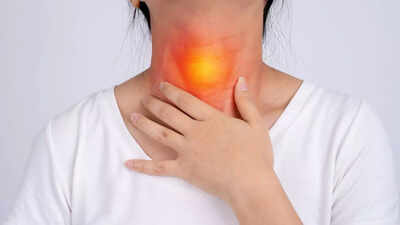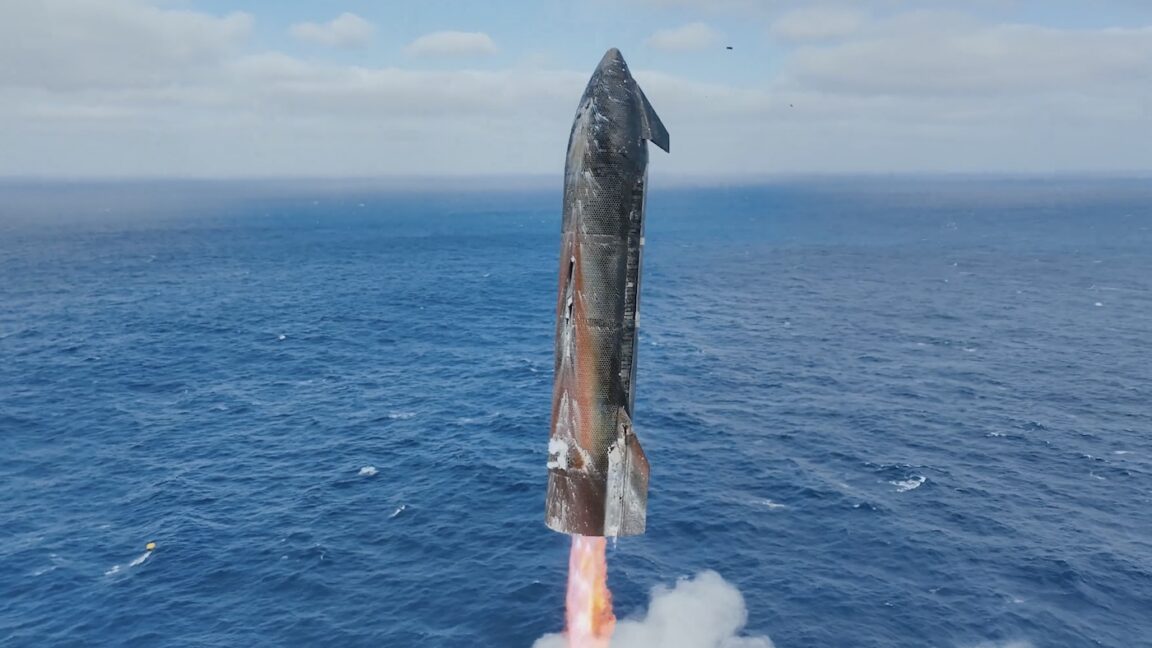Gastrointestinal cancers, including colorectal, stomach, pancreatic, and esophageal, are rising faster in adults under 50 than any other cancer type, according to a review published in the journal JAMA. Researchers believe several factors may be driving this trend, from sedentary lifestyles and obesity to smoking, alcohol use, and poor diet.Since many of us aren’t always careful about what we put into our bodies or how we live, it’s crucial to be alert to the early warning signs of these cancers. Detecting them early can make all the difference in survival, for ourselves and the people we care about.One recent case, reported by Today.com, proves this. Mark Sevillano, a 40-year-old California man, did not ignore this early symptom which led to him saving his own life even when the doctors did not notice.
A symptom too strange to ignore
In early 2024, Sevillano noticed something unusual while eating: swallowing felt different. Alongside this, he had lost some weight, which he assumed was a natural side effect of finally living a healthier lifestyle after years of stress.“I felt like it almost would get stuck in my throat,” he told Today.com. To help food go down, he would “chug” water. Over the next two months, things worsened. “I would have to literally pound my chest with my fist to help break down the pathway to allow my food to go down,” he said.

Prompted by his parents, Sevillano made an appointment with his primary care physician. The doctor, noting his young age and lack of family history, “didn’t sound too concerned.” But Sevillano’s mother, a nurse, urged him to request a swallow test, which the doctor reluctantly ordered.Sevillano soon found himself in the emergency room, where initial tests puzzled the staff. Bloodwork and a CT scan were ordered to get a clearer picture. While the bloodwork was good, the doctors found through the scan he has “a mass in the center of your chest, in your lower part of your esophagus.”Since, inflammation made it difficult to confirm cancer, he was charged from the hospital. Before the second biopsy could be performed, he became dangerously ill. “(This) is where I almost died,” Sevillano said. Living on a liquid diet, he felt light-headed, began convulsing, and started “shaking and shivering.” His mother noticed he was pale, and they rushed back to the ER. Doctors diagnosed sepsis — a potentially fatal overreaction of the immune system to an infection.“For the next four days, I was fighting and trying to get the infection out of my body,” he said.
“Don’t wait like I did.”
Once stable, Sevillano underwent the second biopsy. In June 2024, doctors confirmed Stage 2 esophageal cancer. The treatment plan was aggressive: four rounds of chemotherapy to shrink the tumor, followed by surgery to remove it.Chemotherapy took its toll. Sevillano experienced exhaustion, brain fog, and neuropathy, and after his fourth round, he “started actually vomiting black stuff.” Despite the side effects, his determination remained firm.

In October, surgeons performed an esophagectomy which was fortunately a success. With the rounds of chemotherapy also over he has recently celebrated “six months of being cancer-free.”Sevillano now wants his story to serve as a reminder that you are your own best advocate. “Don’t wait like I did,” he said. “If something is wrong with your body, do not ignore it, but act on it right away.”
Other early symptoms of Esophageal cancer
Difficulty swallowing, known medically as dysphagia, can be linked to a range of conditions, from acid reflux to muscle disorders. But it is also a major alert for esophageal cancer. Other early symptoms include:
- Chest pain
- Weight loss
- Hoarseness
- Chronic cough
- Vomiting
- Bone pain (if cancer has spread to the bone)
- Bleeding into the esophagus. This blood then passes through the digestive tract, which may turn the stool black.



